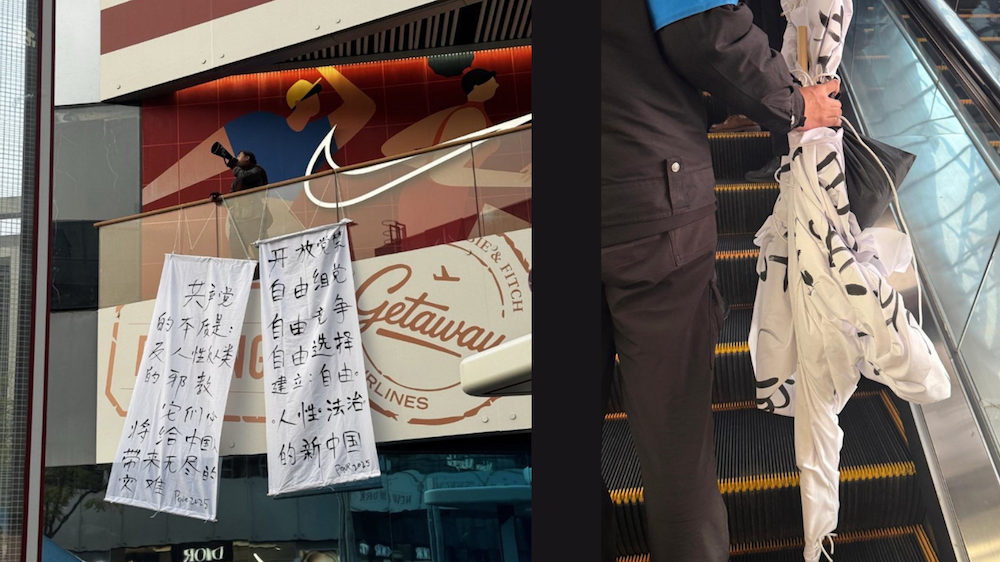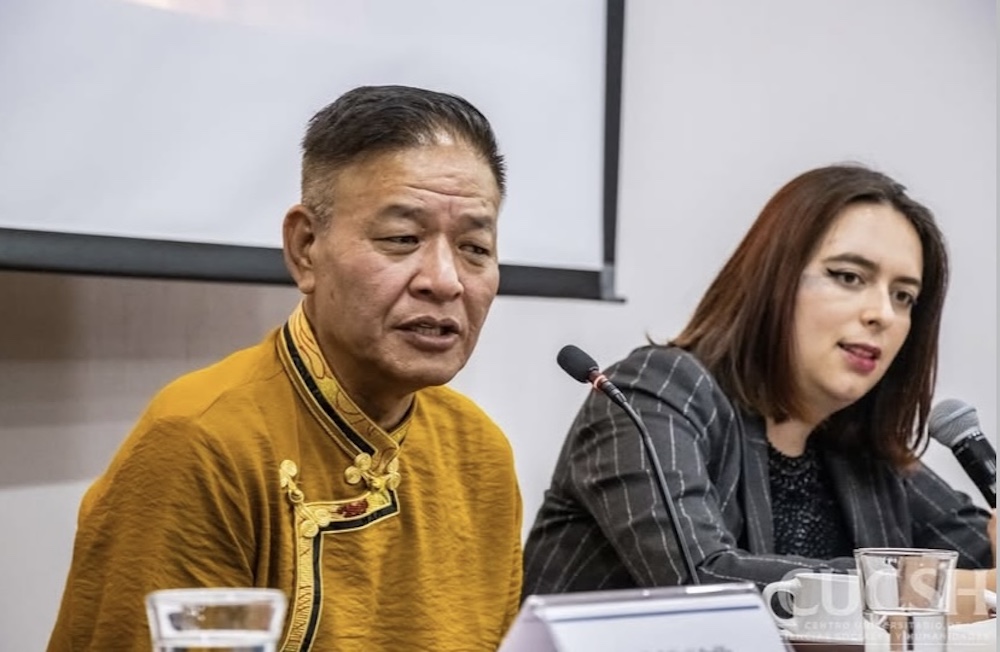Tenzin Nyidon
DHARAMSHALA, Dec. 5: Nepal’s Prime minister Khadga Prasad Sharma Oli, on Tuesday, reiterated the country’s strong commitment to the ‘One China’ policy, stating that no anti-China activities will be permitted on Nepali soil. Oli made these remarks during an official visit to China, where he met with Chinese President Xi Jinping at the State Hall in Beijing.
In the meeting, Oli emphasized Nepal’s position that issues concerning Tibet and Taiwan are internal affairs of China and that both regions are integral to Chinese sovereignty. The leaders discussed a wide range of bilateral topics, including connectivity, industrial and infrastructural development, medical and agricultural cooperation, trade and tourism, investment, science and technology, disaster management, sports, and poverty alleviation. Krishna Prasad Dhakal, spokesperson for Nepal’s Ministry of Foreign Affairs, disclosed that the discussions culminated in the signing of a nine-point agreement encompassing several Memorandums of Understanding (MoUs).
The agreements include projects like the Tokha-Chhare tunnel to connect Nepal with the Tibet border, reconstruction of the Basantpur Durbar damaged in the 2015 earthquake, export of buffalo meat, deployment of Chinese language teachers, cash assistance worth $41 million, and initiatives in economic and technical cooperation, as well as media exchanges.
Oli, a pro-China leader and chair of the Communist Party of Nepal (Unified Marxist–Leninist), has consistently praised Xi Jinping’s policies, particularly in poverty alleviation and development. However, the deepening ties between Nepal and China have sparked concerns over the treatment of Tibetan refugees in Nepal, whose rights have been increasingly curtailed in recent years.
A 2023 report by the Tibetan Centre for Human Rights and Democracy (TCHRD) and the Asian Dignity Initiative, titled Languishing in Limbo: Tibetan Refugees in Nepal, revealed a marked deterioration in the rights of Tibetan refugees. The report highlighted that Nepal’s economic dependence on China, tied to its adherence to the ‘One China’ policy, has led to restrictive measures such as halting the issuance of Refugee Cards (RCs), banning cultural and religious celebrations, and prohibiting public commemorations of the Dalai Lama’s birthday.
This is not the first time Oli has affirmed Nepal’s commitment to the ‘One China’ policy. He made similar statements in October 2024 during a high-level meeting in Kathmandu with a Chinese delegation led by Chen Jining, a senior Communist Party official. Similar commitments were also expressed during Xi Jinping’s 2019 visit to Nepal and Oli’s 2018 official trip to China.
Oli, serving his fourth term as Prime Minister since succeeding Pushpa Kamal Dahal (Prachanda) in July, has visited Beijing twice during previous terms. In a break from tradition, his first visit during his new term was to China instead of India, reportedly due to the absence of an invitation from New Delhi. The visit occurs against the backdrop of stalled Belt and Road Initiative (BRI) projects between Nepal and China, originally signed in 2017 with much enthusiasm but with little progress to date.










